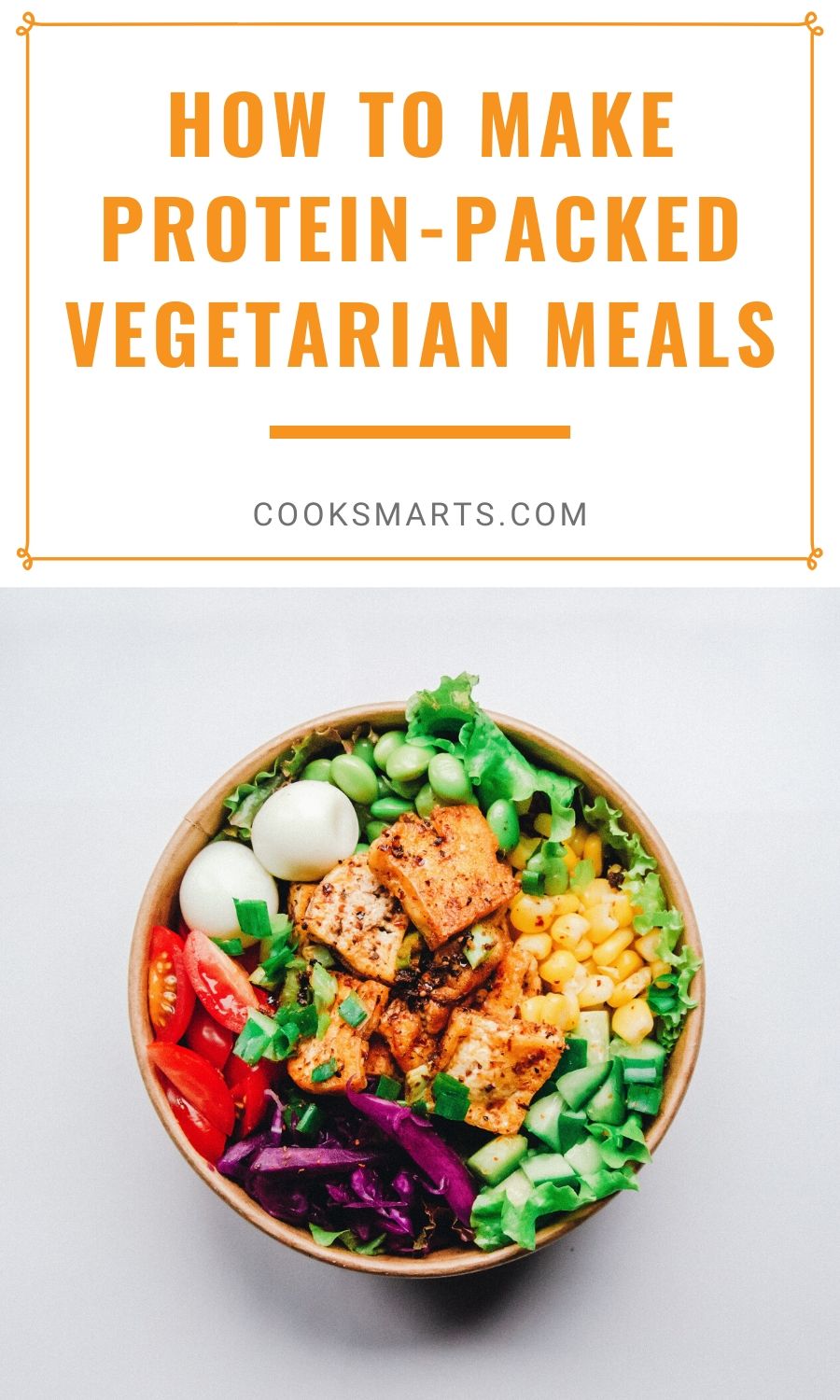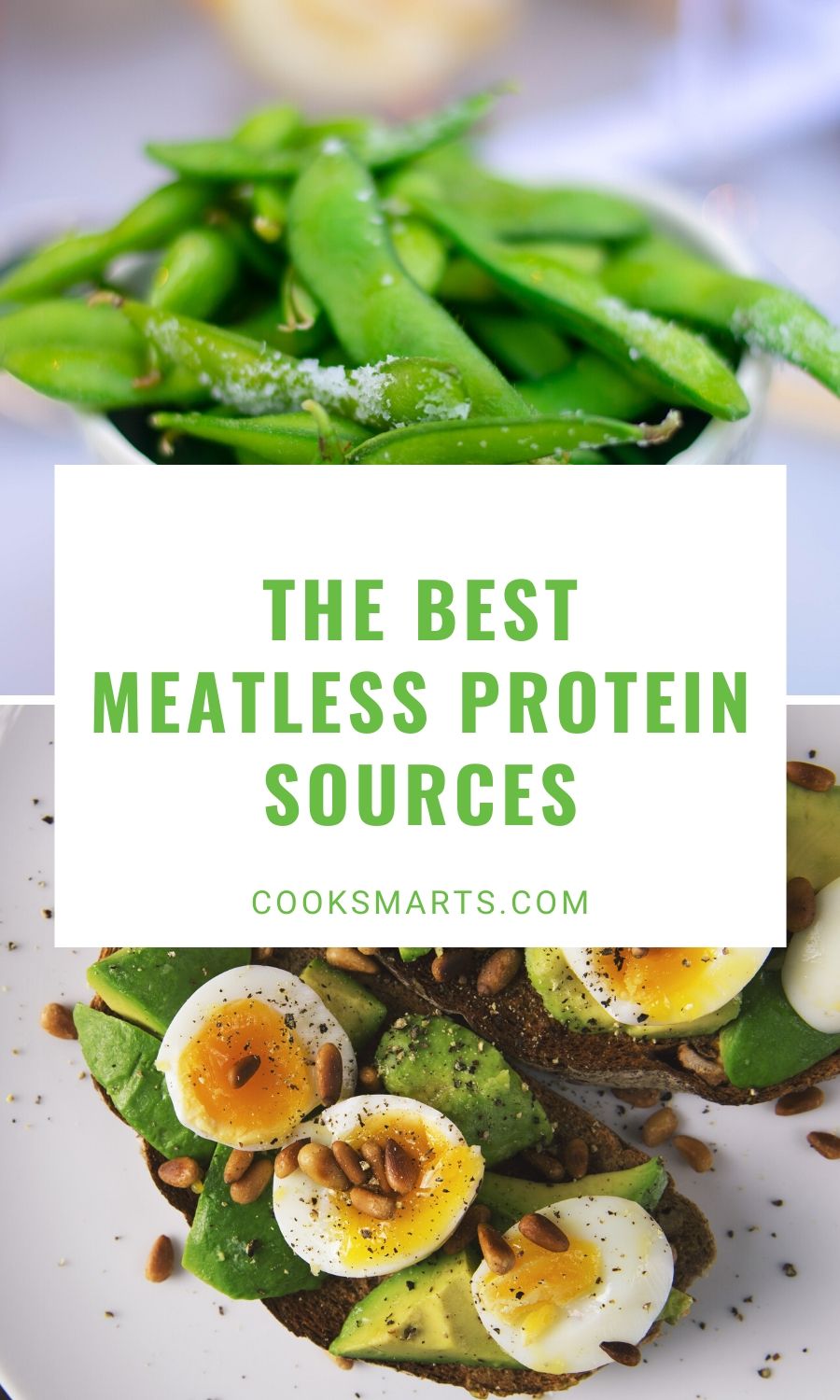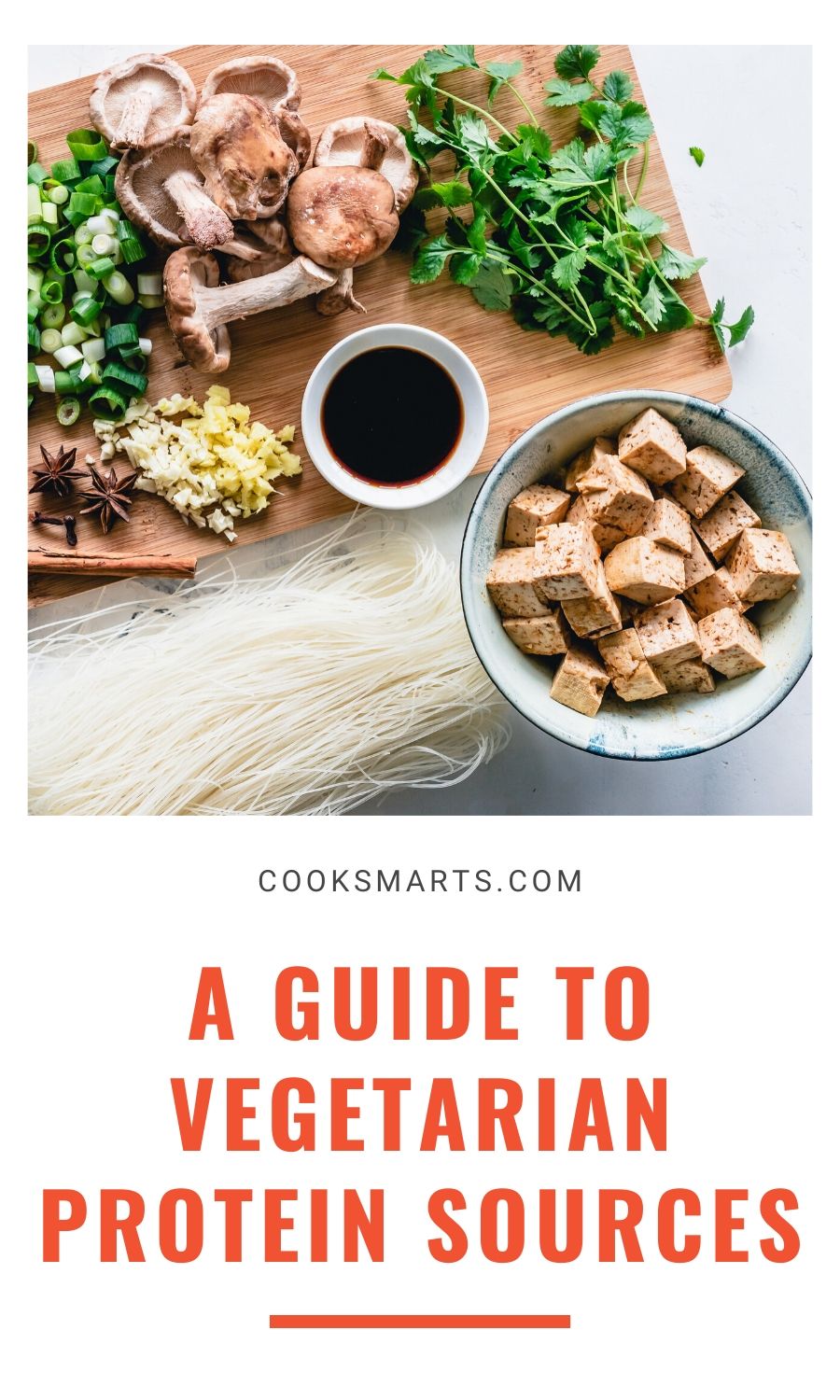The Best Vegetarian Protein Sources and How to Use Them in Meals
Meatless meals are a lot easier to incorporate in your diet than you may think. Our handy infographic illustrates the wide variety of vegetarian proteins that you can easily use to create healthy, satisfying protein-packed meatless meals.
Vegetarian Protein Guide
Last week, we kicked off our #Meatless series with 3 benefits of eating more meatless meals, but we know that one concern preventing people from enjoying more meatless meals is, “Will I get enough protein?”
Luckily, the answer is, “Yes!” The truth is, most Americans eat double the amount of protein that they actually need.
It’s totally possible to eat less meat and still get your daily requirement of protein with vegetarian protein sources.
In addition to providing enough protein, all of these ingredients – such as legumes, grains, dairy and soy products, seeds, and nuts – contain more fiber and usually cost less than animal protein sources.
To make it easier to incorporate more of these meatless proteins into your weekly menu, we created a brand new infographic that you can download and print out for free to hang on your kitchen wall or fridge.
Guide to Vegetarian Protein Sources

Get your daily requirement of protein with a variety of vegetarian protein sources, which usually contain more fiber and cost less than animal protein sources.
Eat #Meatless
Guide to Vegetarian Proteins: enjoy satisfying and tasty meatless meals.
I acknowledge by requesting this info, I'll be added to Cook Smarts' newsletter list. I can unsubscribe at any time.
Having this list of available veg proteins will expand your options. Instead of the usual meat proteins, you now have many other tasty choices to give you the protein boost you need.
And don’t be afraid to get creative! I came up with this Roasted Butternut Squash and Hummus Pizza when my vegetarian husband was training for Ironmans. I was always finding new ways to sneak protein into his diet, and using hummus instead of traditional tomato sauce did the trick to create a protein-packed meal. This meatless meal became a favorite among many of our meal plan members, which goes to show – meatless meals can be tasty and satisfying!.
Here are some other meatless meals that make delicious use of vegetarian proteins:
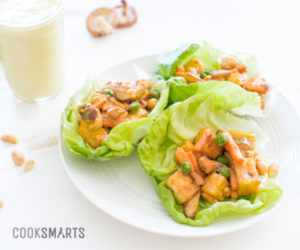
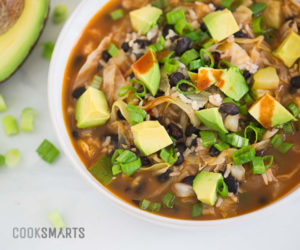
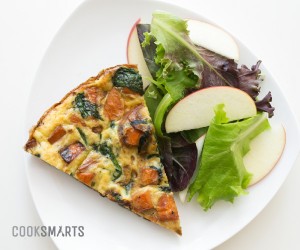
What are some ways that you like to incorporate these vegetarian proteins into your meatless meals? Let us know in the comments below, because we’re always up for adding more meatless meals into our weekly menus!
As always, we’re here to empower you with the know-how and tools to live your best life in the kitchen. Join our cooking community by signing up for our newsletter, and you’ll receive lots of tips and resources that will help you cook smarter and live healthier.
